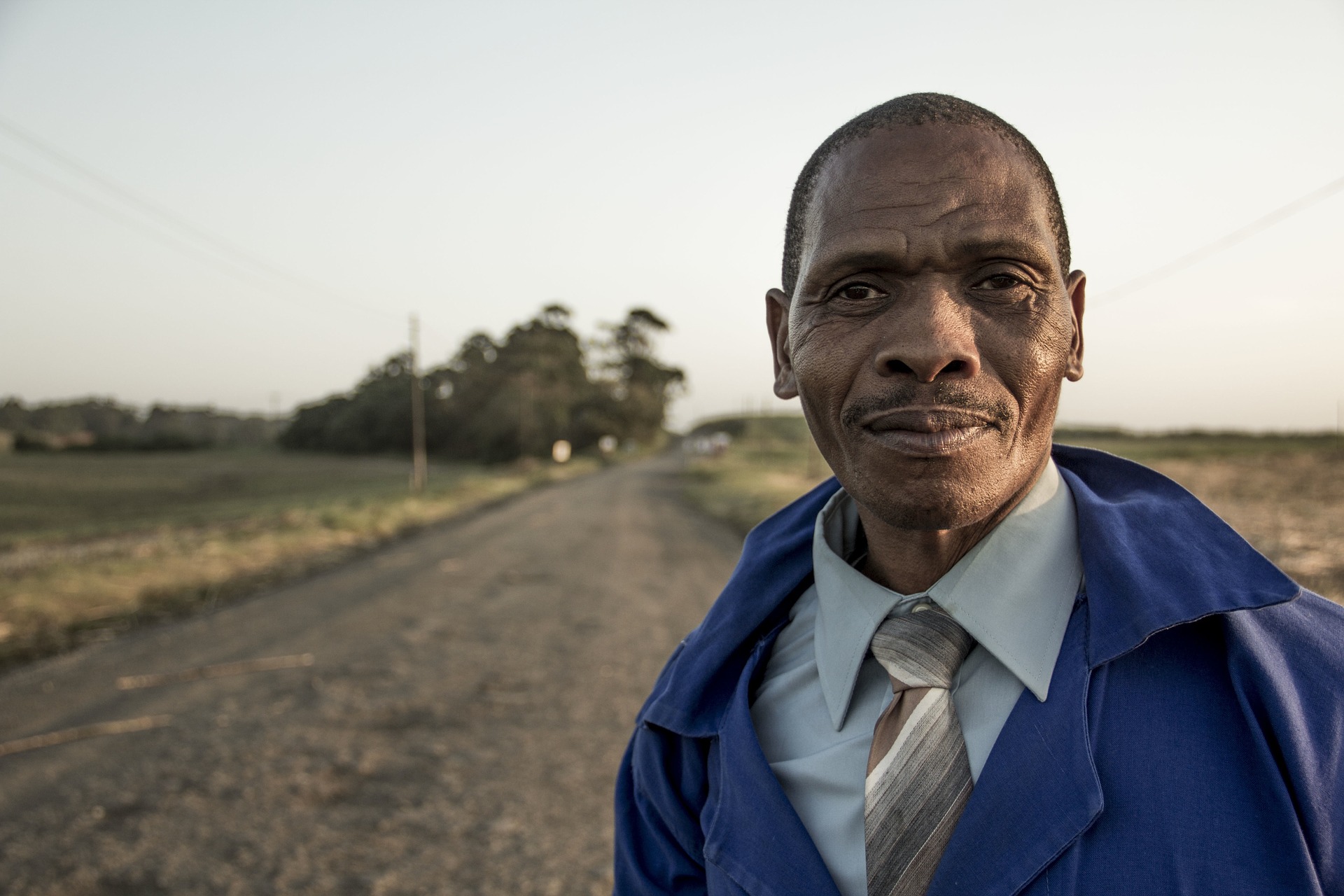The challenge of integration of refugees and asylum seekers

The immigration crisis has brought numbers of refugees and persons seeking asylum to Europe. But what happens when once they step into the European region, in our case, in Malta? For many of these people adjusting to local life is difficult.
Researchers refer to “ the lost generation”, that is, a generation comprising professionals who come from the African continent or from the East who end up in Europe and are not able to integrate into the job market.
Integration is about learning the written and unwritten rules, cultural traditions and ways of being of a foreign country. For integration to work, access to the job market needs to be facilitated and skills should be recognised early on. The main issue is how to make the integration process more efficient. One finds a number of qualified refugees who are not working, even in our country, and this is a waste of human capital.
I think that the way a refugee is received and welcomed is key to integration, coupled with measures including a course in the language of the receiving country, cultural orientation and help joining the job market, which measures should be put into place by all the European member states, including Malta. This would greatly facilitate the integration of refugees.
In my opinion, we should also consider the fact that the help that is given to refugees and asylum seekers to help them integrate should not be seen as solely a humanitarian gesture that benefits only the refugees themselves, but as an investment made by the country that is providing refuge. Refugees who are integrated help strengthen society and the social system.
From a demographic perspective, Europe needs to get stronger and all the member states (not just those in the Mediterranean) should take in migrants who are looking for asylum and a better life. This is not just a question of helping refugees; it is also in the interest of Europe, in terms of better management of mobility.
Many refugees hope to return to their place of birth to live and work one day, but for now Europe is their home. While the road ahead offers many challenges, volunteers and groups are trying to coordinate their efforts to integrate new arrivals as quickly as possible.
